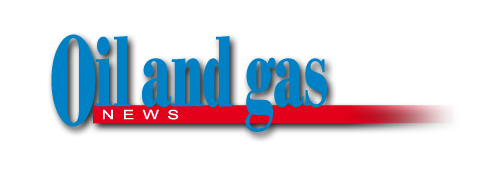Publish with us
Information for those who want to publish with Oil and Gas Review.
All the materials to be published must be submitted on a CD complete with printed version. Materials up to 20MB can be sent via e-mail attachment at redakcja.wnig@interia.pl, redakcja@wnig.pl. The author, however, must submit a printed version of his/her article. Authors are also supposed to send in their photographs. A text must have a title which is related to its contents. Also, an abstract in both Polish and English is required. Below a text, there must be the author’s/authors’ name/names, their address and e-mail address. A text must be up to 10 pages long (A4), including graphics and references. It is recommended to use Times New Roman typeface 12 and double spacing. Pictures, drawings, etc. should be cited as figures. Figures must be referred to by numbers and there must be references in the text where the images should be embedded. Acceptable file formats for the figures: Corel Draw (versions from 7 to 13), JPG or TIFF 300 DPI) Captions for the images should come after the article. References should include the name of the author, the year of publication, the title of the book, the publisher’s name and pages if applicable.
Oil and Gas Review magazine is contained in the database of scientific journals: http://journals.indexcopernicus.com/karta.php?action=masterlist&id=7558
Each article to be published must be peer reviewed by two reviewers, according to the following criteria: review scoring rubric for the article to be published.
The principles for peer reviewing are based on the guidelines developed by MNiSzW (Ministry of Science and Higher Education): https://pbn.nauka.gov.pl/static/doc/wytyczne_dotyczace_procedury_recenzo...
The author of each article to be published is required to disclose the names of co-authors that have contributed to preparation of the publication (giving information on their input and affiliations, i.e. providing information on who is the author of the concept, premises, methods, protocol, etc. that have been used in preparation of the article) It is the responsibility of the author submitting a manuscript to provide the information. The author is also required to provide information on the contribution of research institutions, scientific associations and other organizations that have contributed to preparation of the article.
Ghost-writing means that a person contributes significantly to a publication and is not disclosed as one of the authors or named in the acknowledgements.
The editorial office informs that all cases of scientific dishonesty will be exposed and adequate institutions will be informed (employers, scientific societies, scientific editors, associations, etc.).

